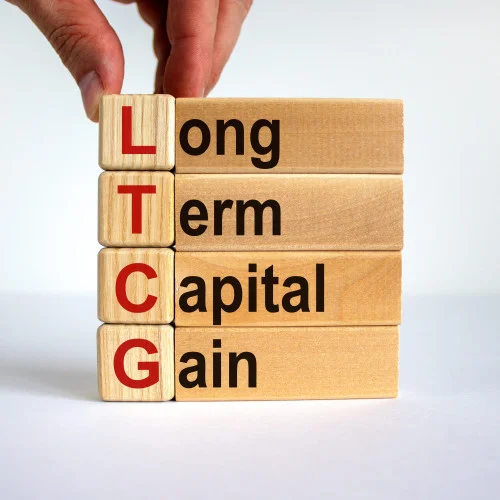
Understanding Slump Sales and New CBDT Valuation Rules
When transferring a business or a significant part of it, known as a “slump sale,” it’s essential to understand the implications of the newly prescribed valuation rules by the Central Board of Direct Taxes (CBDT). These rules significantly impact the calculation of capital gains, and as entrepreneurs or professionals, you must be aware of the tax and valuation aspects involved.
What is a Slump Sale?
A slump sale involves transferring an entire business or one of its divisions as a going concern for a lump sum amount, without assigning specific values to its individual assets and liabilities. Under the Income Tax Act, the profit arising from a slump sale is treated as capital gains and taxed accordingly.

New Valuation Rules for Slump Sales
The CBDT has introduced a significant amendment requiring the determination of the Fair Market Value (FMV) of the transferred undertaking. The higher of the two methods below will now be considered as the full value of consideration for tax purposes:

1. FMV1 (Book-Value-Based Formula):
Values assets at their book value, excluding certain categories like jewellery, artistic works, shares, securities, and immovable properties, which are valued separately.
Excluded liabilities (e.g., provisions for taxes, contingent liabilities) are also deducted.
2. FMV2 (Actual Consideration):
Includes the total monetary and non-monetary consideration received. Non-monetary assets are valued based on existing rules or open-market valuation.
Implications for Entrepreneurs and Businesses
1. Alignment with Other Asset Transfers:
Previously, slump sales lacked valuation clarity, creating opportunities for tax optimization. The new rules align the valuation norms for slump sales with those for shares and immovable properties, closing potential tax loopholes.
2. Impact on Domestic and Cross-Border Deals:
Entrepreneurs engaging in domestic mergers, acquisitions, or international deals involving Indian assets will now need to factor in these valuation rules while determining pricing and tax liabilities.
3. Potential Challenges in Group Restructuring:
In cases of intra-group slump sales, these transactions may also fall under transfer pricing regulations. This could lead to complexities in ensuring compliance with both valuation and arm’s length principles.
Does This Change the Slump Sale Appeal?
Despite the added complexity, slump sales remain attractive due to their unique tax benefits:
The cost of acquisition is deemed to be the net worth of the undertaking.
Long-term capital gains tax applies if the undertaking is held for three or more years, irrespective of the holding period of individual assets.

How ValuGenius Can Help?
Navigating these new rules requires expert guidance. At ValuGenius, our team of business valuation experts and startup valuation specialists provides comprehensive insights and support for all your valuation needs. Whether you’re looking for a business consultant in Mumbai or guidance on tax-efficient restructuring, our professionals ensure you make informed decisions.
Reach out to ValuGenius today for tailored valuation services that empower your business decisions! Let’s plug the gaps and unlock your growth potential together.
